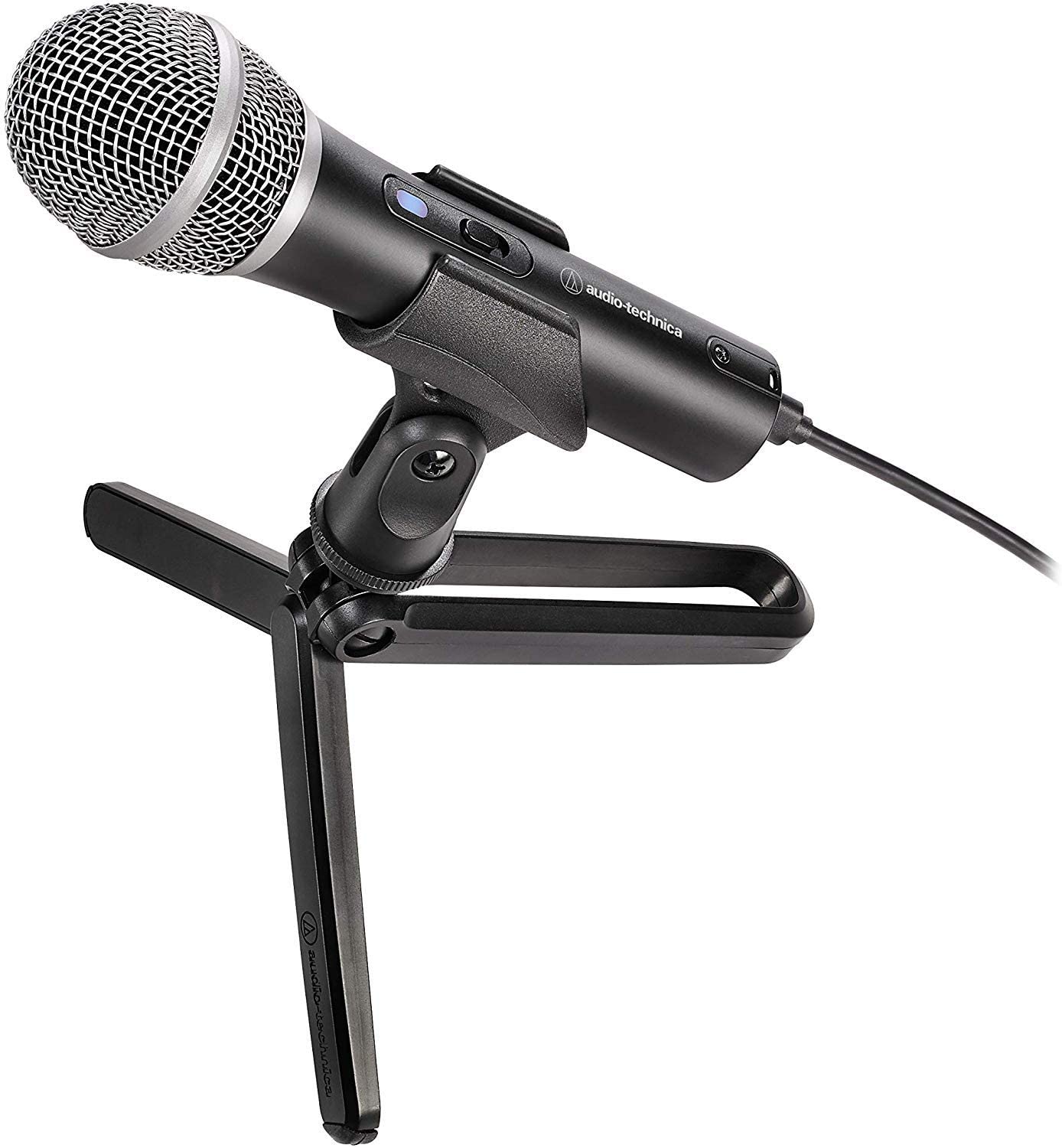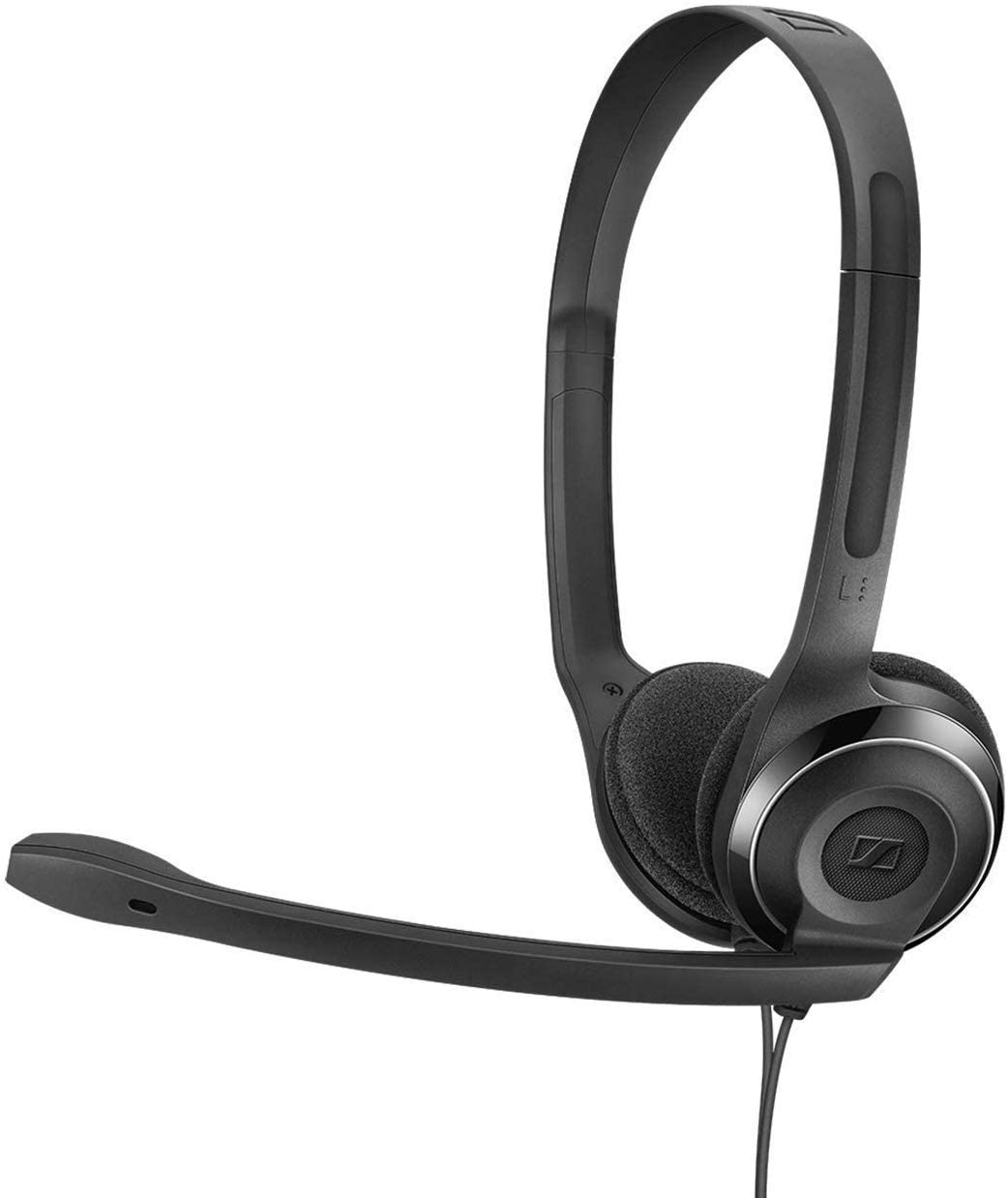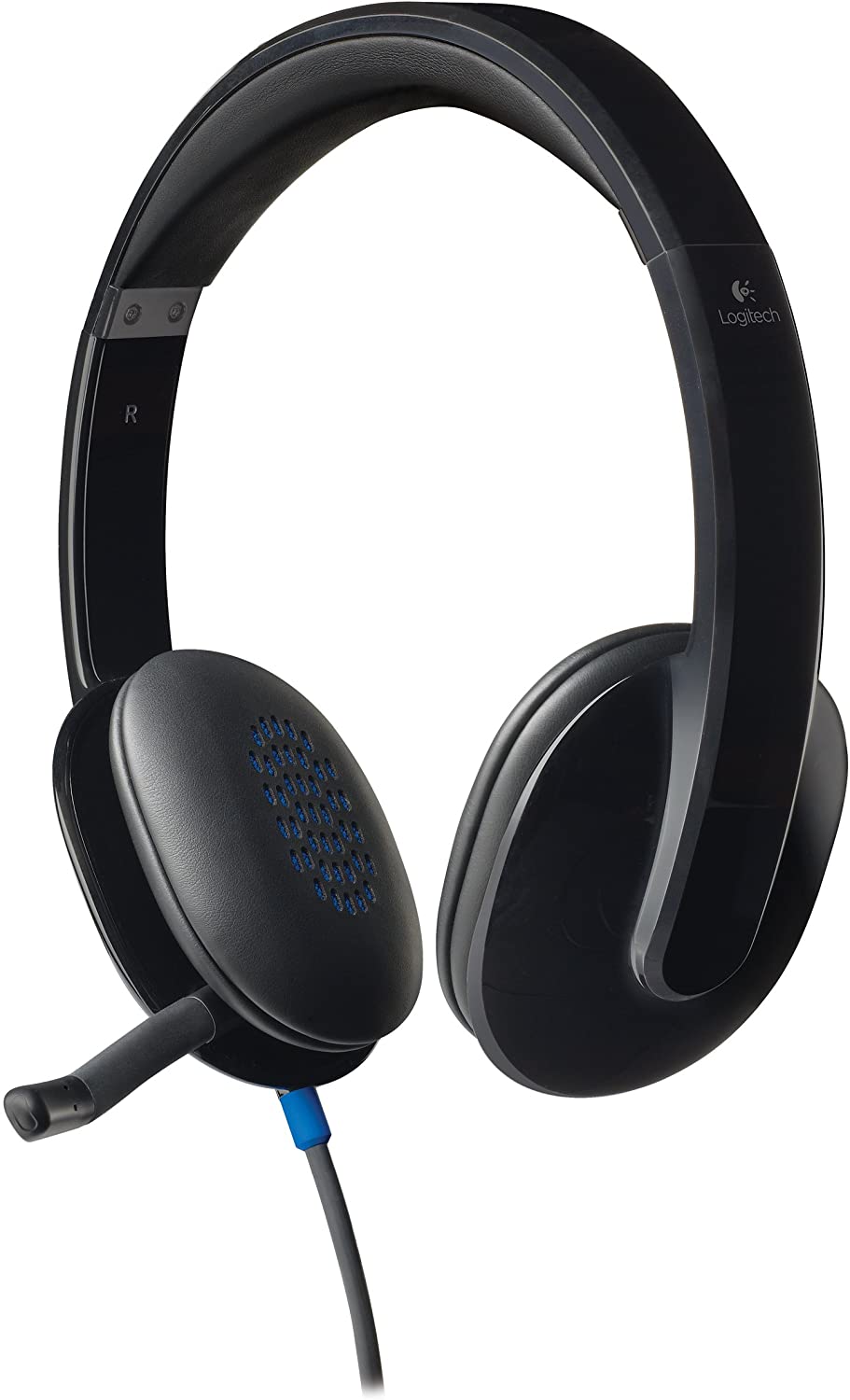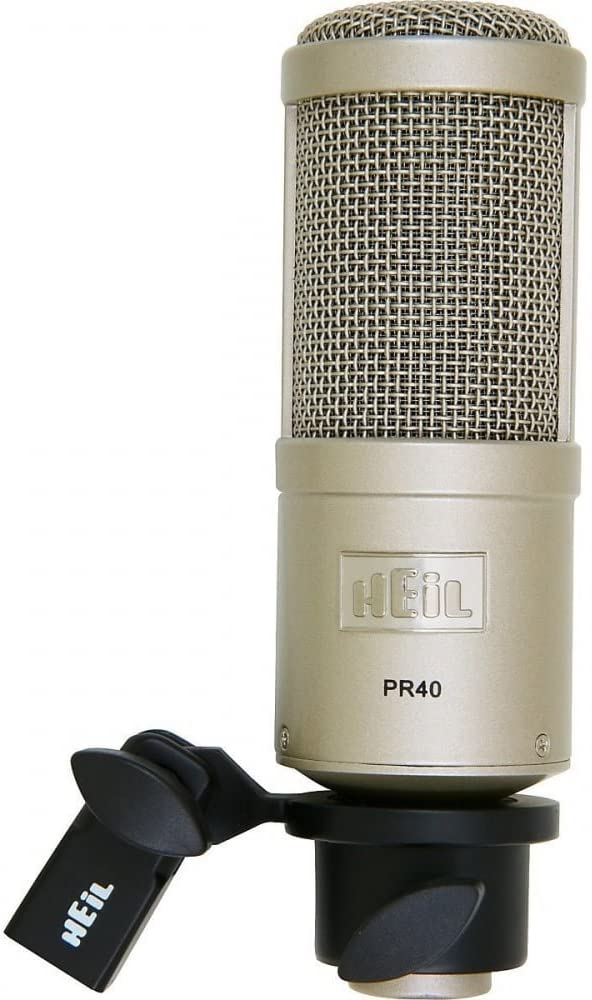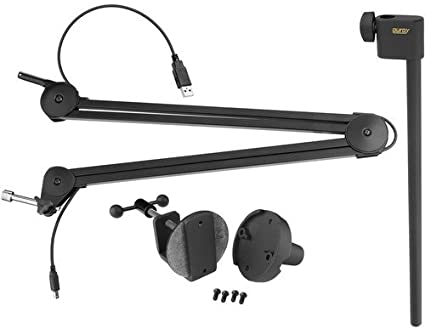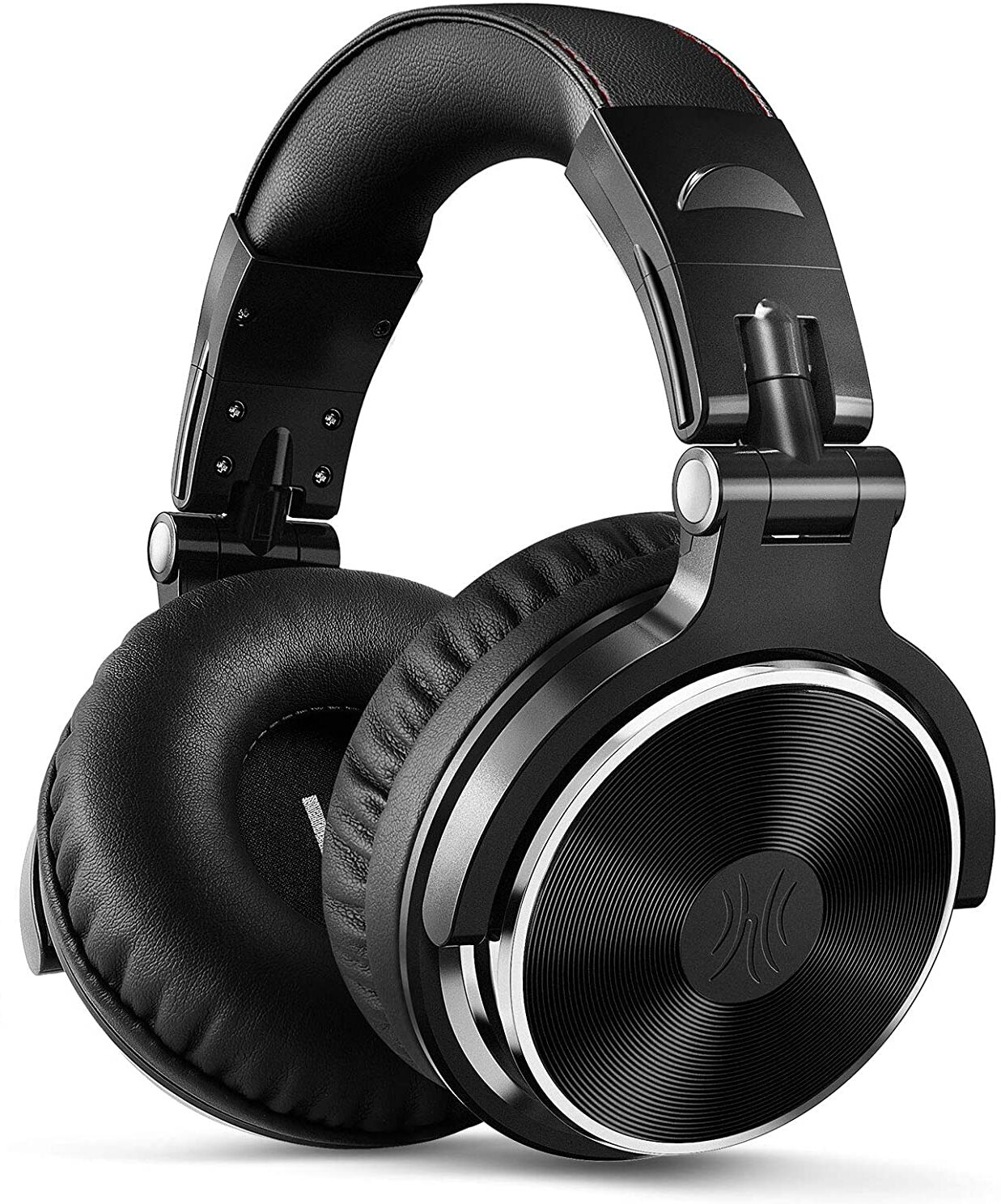How to Start Your Podcast Show
Are you considering or planning to start your own podcast show? A podcast can help you build your reputation and grow an audience, as long as you provide value and entertainment. If you are looking for guidance and tips on how to start and grow your podcast show, then this page should be a valuable resource for you.
FREE DOWNLOAD: 5 Rules of Podcasting & Podcast Launch Checklist
Before you start your own podcast show, you may consider being a guest on other shows first. Appearing as a guest on a podcast show is an effective way to gain exposure and share your message at a relatively low cost. It simply requires some preparation, enthusiasm, basic audio equipment, and the investment of your time to conduct the interview. To get the most from your podcast guest appearances, always focus on delivering value for the listener. Being a guest on other podcasts is also a great way to learn about podcasting in preparation for launching your own show. Here are five tips to help you become a great podcast guest: 5 Tips for Podcast Guests
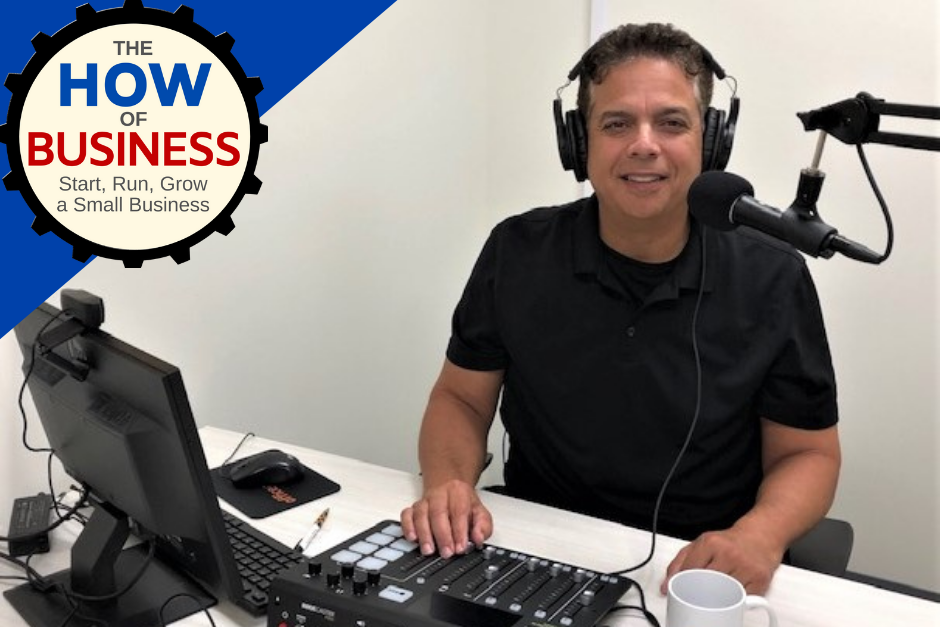
Henry Lopez is the host of the successful and top-rated podcast for business and entrepreneurship – The How of Business podcast.
The How of Business podcast is ranked as one of the top entrepreneurship shows on Apple iTunes and Apple Podcasts. This podcast was launched in April of 2016, releasing weekly shows to help people start, run and grow their small business.
You can learn more about The How of Business, one of the best podcasts for small business and entrepreneurship, and Henry Lopez on the About Us page.
Anyone can start a podcast, but to grow it into a successful show that helps you achieve your goals requires an investment of time, effort and avoiding many common mistakes. On this page, and on related podcast episodes, Henry shares his knowledge and experience with podcasting to help launch your own show.
Podcasting – Frequently Asked Question:
Who should consider a podcast, and why?
- If you have something to share with an audience, and you and your business can benefit from doing so, then podcasting may be for you.
- A podcast can help you develop your authority and reputation on a topic or industry.
- An effective podcast show can help you generate business opportunities.
What are the benefits of podcasting?
- Podcasting can provide you a way to amplify your message. It provides you the potential to reach a larger audience than you might otherwise be able to impact through other means.
- Having your own podcast (and appearing as a guest on podcasts), can be a great way to build your brand.
- Podcasting can be an effective networking opportunity. If you have guests on your podcast, and if you are a guest on other podcasts, you will have an opportunity to connect with people with similar interests. It may also be an opportunity to connect with someone (by inviting them to be a guest on your podcast) who would otherwise not be easy to get any time with.
Am I too late to podcasting?
- There are currently 2,000,000 podcasts with over 48 million episodes, and counting! That’s a lot of podcasts! But also understand that most shows fade out after about 20 episodes.
- Will anyone listen to your podcast show? It may take time to build your audience, but there is certainly growing demand for podcast content on any topic you can think of. From business podcasts to entertainment shows, there is something for everyone in the podcasting universe.
- Yes, there is still ample opportunity to launch and build a successful podcast show. You have a unique voice and point of view – and there is a group of people out there who may well be interested in what you have to share.
What are some questions I can ask myself to determine if I am ready to start my own show?
-
- Do you have the time? Depending on the frequency and length of your episodes, it’s not a trivial process to produce a good podcast. You must be honest when determining the time commitment required to consistently deliver quality podcast episodes over the long-term.
- What are your realistic expectations for the show? If you are expecting to have a large audience immediately, that’s simply not realistic. Unless you already have a large audience (a large email list or online following) who will immediately find and listen to your podcast, it will take take (perhaps years) to build a substantial audience.
- Is it worth the investment (time and money) for you? If you are not realistic about your expectations for what a podcast will provide for you and your business, then you will be disappointed with the return on your investment of time and money. People are often unrealistic, for example, about how quickly they will be able to directly monetize their podcast show with show sponsors.
- Will you enjoy it or burn out after a few episodes? You honestly determine if you are committed to podcasting long-term. Before you start your own show, you may want to consider being a guest on other shows first to get a feel for what’s involved.
What is the realistic time commitment?
- On average, it may take from 2 to 5 hours to produce and release one podcast episode (30-60 minute episode). This includes preparation, scheduling, recording, editing, uploading, and promoting the podcast episode.
- If you are not ready to dedicate that much time to a podcast, you may consider producing a limited series or “season” of episodes and then taking a break. While this is often not as effective with building an audience, it may be an ideal solution for your goals.
What are the realities of monetizing a podcast?
- Many people start their podcast shows thinking they will be able to make money from the podcast immediately. The reality is that you first have to build an audience for your podcast before you will be able to attract podcast sponsors.
- But traditional show sponsors are not the only way to potentially monetize your podcast show. Other ways to generate revenues from your show include:
- Podcast Affiliate Partnerships. Under this arrangement, you form a marketing alliance with another provider of a product or service your audience may be interested in and you promote it to your audience in return for a commission or referral fee if there are any sales. If you have a large enough audience, you may charge a flat fee to promote another person and the offering on your podcast show.
- Promoting your own products or services. This is often the most effective and viable approach to monetizing your podcast. If you have a service (like consulting, coaching or other professional service) or a product (particularly an online learning product), then promoting it on your podcast may result in the highest financial return.
- Business networking opportunities. Meeting other professionals and potential partners is another indirect benefit of podcasting. This is amplified if you interview other professionals and experts on your show.
What makes for a good podcast show?
- There are many different styles and formats for successful podcasts. In fact, it’s best to create your own style and voice. But there are some common factors for successful podcasts across all genres, including:
- Effective story telling – ultimately, it’s about engaging and entertaining an audience and we all respond and relate to stories.
- Being entertaining and engaging – since most listeners consume podcasts while doing something else (i.e. driving, exercising, working), and they can be easily visually distracted, it’s critical that you produce an engaging and entertaining podcast show.
- Good audio quality – while you don’t have to worry about producing a professional studio-quality show, you can and should pay attention to audio quality. Nobody enjoys listening to a podcast with annoying background noise or fluctuating volumes. See the recommended list of equipment on this page to help you produce a high audio quality show.
- An interested niche audience – as with any marketing effort, you will have a much better chance for success if you initially select a narrow target audience for your show.
- Consistency – podcast listeners enjoy the consistency of a weekly show, for example. Since it takes time to discover shows, you must approach podcasting with a long-term perspective.
How much will it cost to get started?
- You can get started with podcasting for under $200. You may also have some on-going monthly fees, including your show hosting platform and a website if you have one. See below for our recommended equipment list and links.
How to start a podcast?
- Starting your own podcast show is relatively easy and inexpensive if you keep things simple. The bigger challenge is determining why you are starting a podcast show and then having the discipline and patience to continue delivering value and grow your audience over time. You can use this free download to help you launch your podcast – it includes tips for starting a podcast:
Things to consider before starting your podcast:
- Define and know your audience.
- Niche down! Start with as narrowly defined a target audience as possible.
- Get feedback and adjust over time.
- Create compelling and engaging content.
- Establish your point of view and voice.
- Don’t try to be someone else but learn from the best.
- Don’t try to appeal to everyone – find your tribe.
- Determine your cadence: weekly, monthly, seasons, series, etc.
- Determine your format: Solo, Co-Host, Interviews, Topics, Category, etc.
- Get proper equipment & hosting platform (we recommend and use Libsyn). Don’t need to spend a fortune, but audio quality does matter.
- Set realistic expectations on downloads, monetization, and time commitment. Podcast discovery (how people find you show) is still difficult. Unless you are a celebrity, it will take time for people to find your show.
- Get help! Learn the essentials and avoid costly mistakes.
- Don’t wait to be perfect to launch!
Resources:
Free Downloads:
Podcasting Technology & Environment:
Here is a summary of the technology, tools and equipment Henry Lopez, host of The How of Business podcast, uses for his business podcast show:
Computer:
Henry uses a laptop with a hard-wire connection (ethernet connection to a modem or switch – not a wireless connection) to high-speed internet service. A wireless connection is NOT recommended because of the low bandwidth which can result in poor audio quality. He uses uses an internet browser like Chrome to access Zoom online. He has a paid Zoom account that allows for recording of multiple Zoom call participants. Zoom allows for the creation of individual audio recording files per participant (for example, one audio file for the host and a separate file for the guest), which facilitates audio editing.
Podcast Recording Equipment:
Henry uses an external microphone and headphones attached to his computer. The built-in computer microphone and speakers are not recommended, as it reduces the sound quality of your podcast significantly and sound quality is a key component of a successful podcast. In most cases, for home-based recording, a dynamic (cardioid dynamic) microphone is best since it does not pick up as much background noise (as compared to a cardioid condenser microphone which tends to pick up more background noise).
Microphone & Headphone Equipment Recommendations for Podcasting:

We recommend the ATR2100x-USB, or something comparable (less expensive options below). This microphone connects to your computer through a USB port. With a separate microphone you will also need a headset.
An external microphone is required for best podcast audio quality.
Less expensive option: Sennheiser PC 8 USB. This headset connects to your computer through a USB port. These types of all-in-one headsets will work, but the audio quality will not be as good as the ATR2100 listed above.
Less expensive option: Logitech H540. This headset connects to your computer through a USB port. These types of all-in-one headsets will work, but the audio quality will not be as good as the ATR2100 listed above.
Henry uses the more expensive HEiL PR40 microphone, but it’s not significantly better than the ATR2100 listed above. This microphone does use a USB port, so you will will also need a component like the Blue Icicle XLR to USB Converter.
Henry uses the Auray BAI-2U Two-Section Broadcast or Microphone Arm with Internal Springs and Integrated USB Cable, mounted on his desk, to support his microphone.
A standard headset (either over-the-ear or ear-buds) like the one show here is all you need for podcasting. Or, you can use an all-in-one headset like the two options listed above (although audio quality is not as good).
Henry uses the Sennheiser HD598 which is very expensive and not necessary. Any headphones will suffice for podcasting. We don’t recommend using the built-in speakers of your computer as that can cause feedback and negatively impact the audio quality of the podcast.
Podcast Recording, Editing and Publishing Tools & Platforms:
Henry Lopez uses these tools and platforms to record, edit and publish The How of Business podcast. For hosting of The How of Business, Henry uses the Libsyn platform.
- Calendly for scheduling of interviews with podcast guests.
- Zoom to conduct the interviews and record the episodes.
- Adobe Audition to edit and produce the final audio file of the podcast episode.
- Libsyn for podcast hosting and distribution.
[We receive commissions for purchases made through the links on this page (more info)].
Other Related Podcast Episodes:
These episodes of The How of Business podcast focus on helping you start your own podcast show:
Episode 159: Nick Palkowski – Podcasting to Grow Your Business
You can find other episodes of The How of Business podcast, the best small business podcast, on our Archives page.


